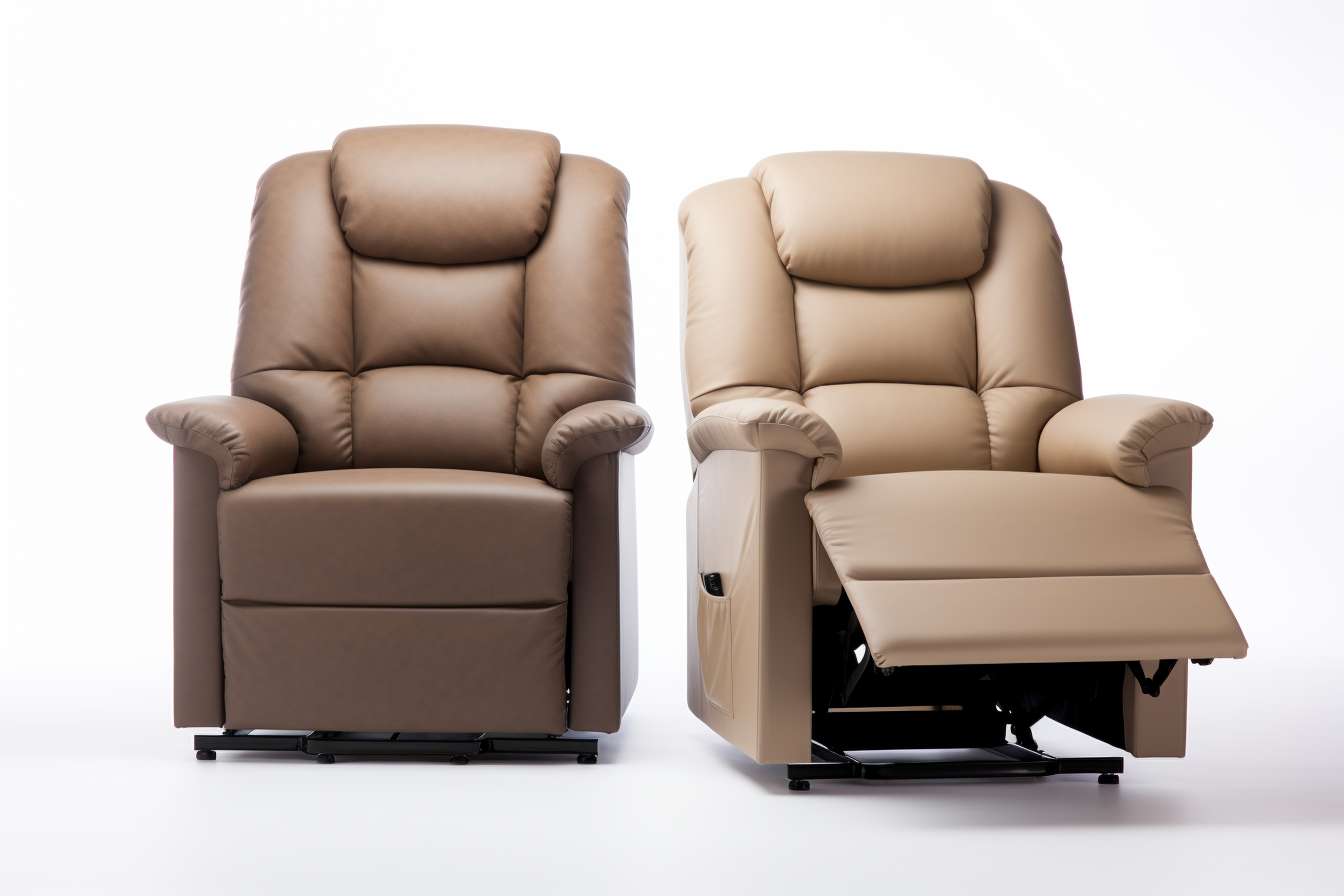Decoding Blue Zones: The Secrets to Longevity and Well-being
Introduction: Who wouldn't want to know the secret to living a longer, healthier life? That's exactly what the concept of Blue Zones seeks to uncover. These globally scattered areas are home to some of the world's oldest and healthiest people. Let's delve into the history, scientific basis, and lifestyle practices associated with Blue Zones.

The Genesis and Science of Blue Zones
The term “Blue Zones” was first coined by explorers Dan Buettner and Gianni Pes, who identified five regions worldwide where people lived noticeably longer and healthier lives. These include Okinawa (Japan), Sardinia (Italy), Nicoya (Costa Rica), Icaria (Greece), and among the Seventh-day Adventists in Loma Linda, California.
On investigating, they found common lifestyle and behavioral patterns across these regions that contributed to their extraordinary lifespan and health. A considerable volume of scientific research supports the benefits of these habits, including studies on caloric restriction, plant-based diets, regular physical activity, and strong social networks.
Lifestyle Practices that Define Blue Zones
Several consistent lifestyle elements emerge from the study of Blue Zones. These include:
-
A Plant-Leaning Diet: While not strictly vegetarian, the diet in these zones favors plant-based food, with meat often being a side dish rather than the main course.
-
Regular, Natural Physical Activity: Rather than scheduled exercise, physical activity is woven into daily life through gardening, walking, and manual tasks.
-
Strong Social Networks: Social engagement and a sense of belonging are prevalent, with a focus on family and community.
-
Purpose: Having a clear sense of purpose or reason to get up in the morning.
The Health Implications of Blue Zones
The lifestyle practices found in Blue Zones provide valuable insights into how we can potentially extend our lifespan and improve our health. Recent scientific studies suggest that adopting similar habits, even later in life, can positively impact health and longevity.
However, it’s also essential to acknowledge the challenges in applying these practices universally, given the cultural, geographical, and economic differences. Furthermore, while the scientific community largely supports the benefits of these lifestyle habits, individual health outcomes can vary based on genetics and other factors.
Pearls of Wisdom from Blue Zones
-
Embrace a diet rich in fruits, vegetables, whole grains, and legumes.
-
Incorporate regular, low-intensity physical activity into your daily routine.
-
Nurture your social relationships and be part of a community.
-
Find your purpose or passion in life.
Concluding Thoughts
The study of Blue Zones offers a fascinating perspective on longevity and health. While the lifestyle practices in these regions are not a guarantee of a long and disease-free life, they offer a roadmap for a healthier, more fulfilled existence. The key is to adapt these practices to our unique circumstances, always backed by scientific understanding and personal health considerations. Remember, it’s not just about living longer, but living better.




